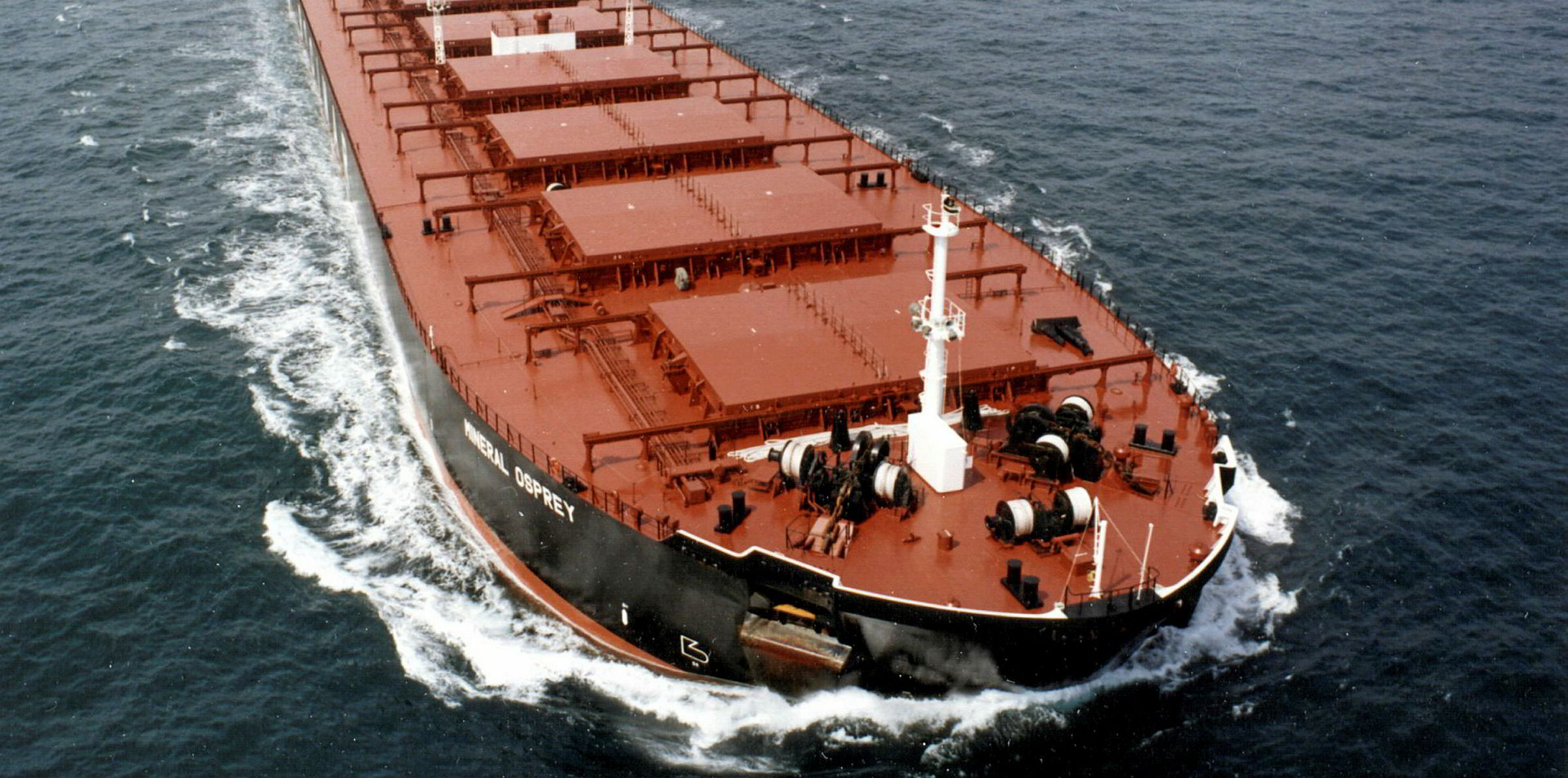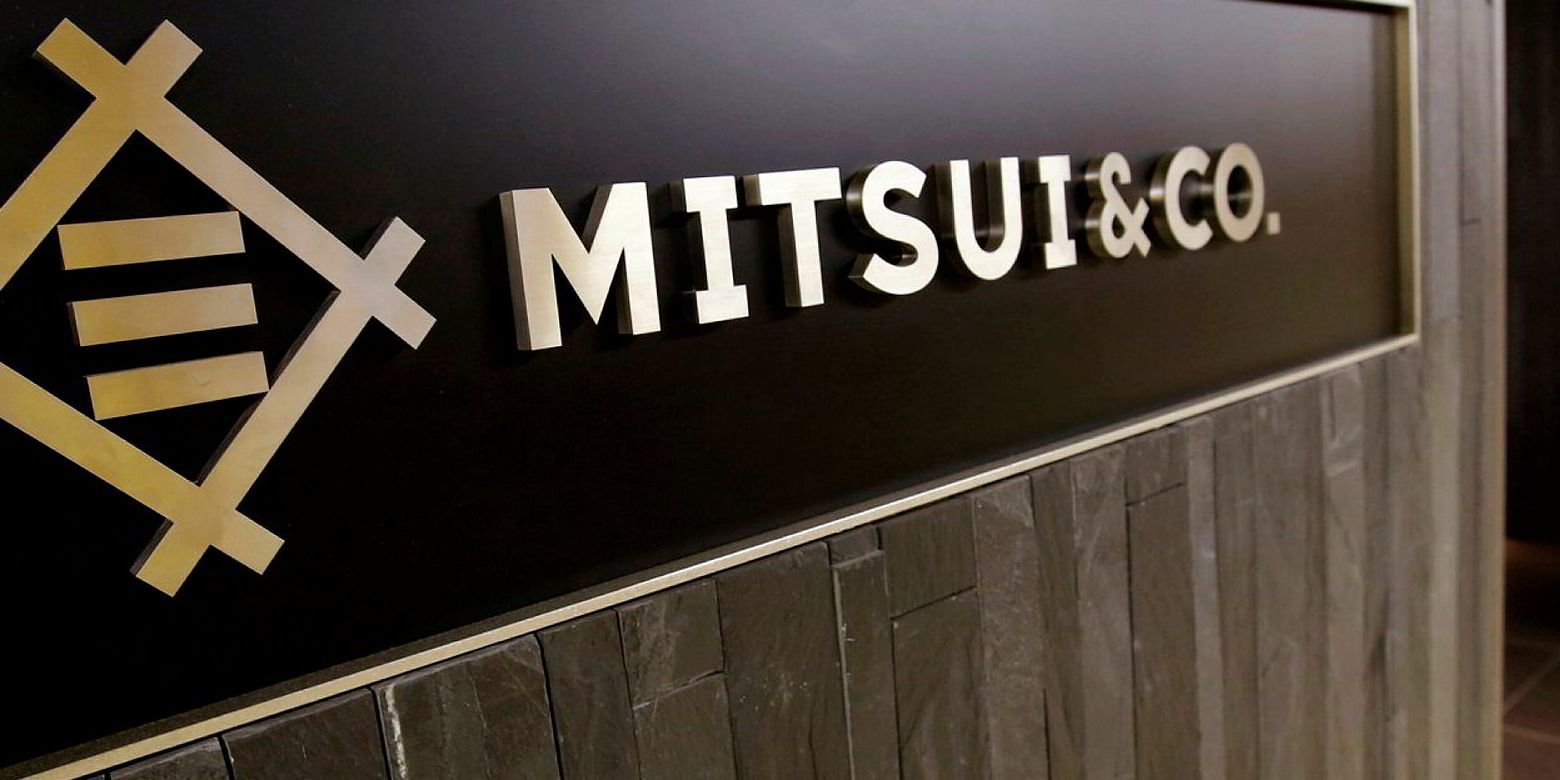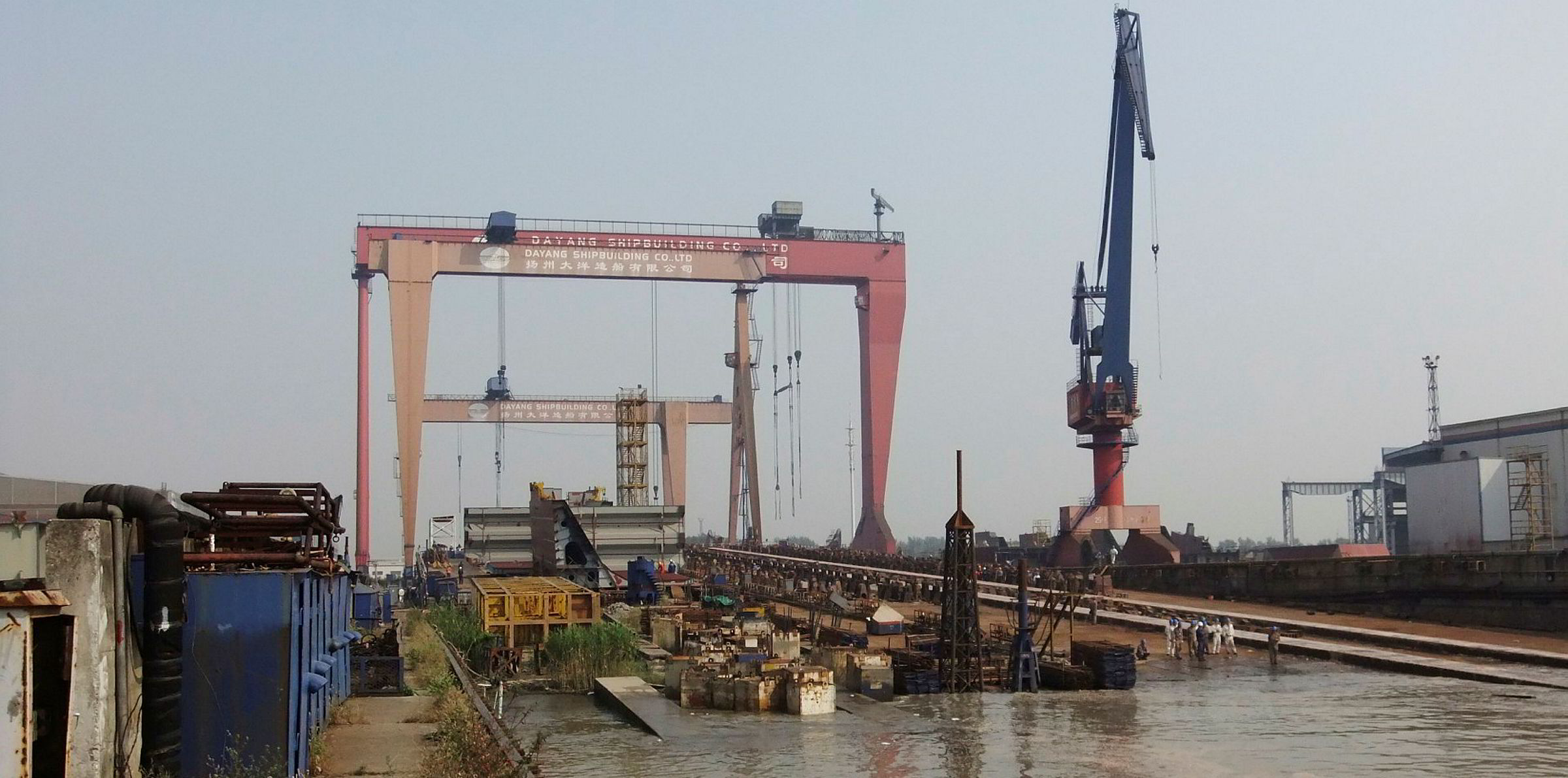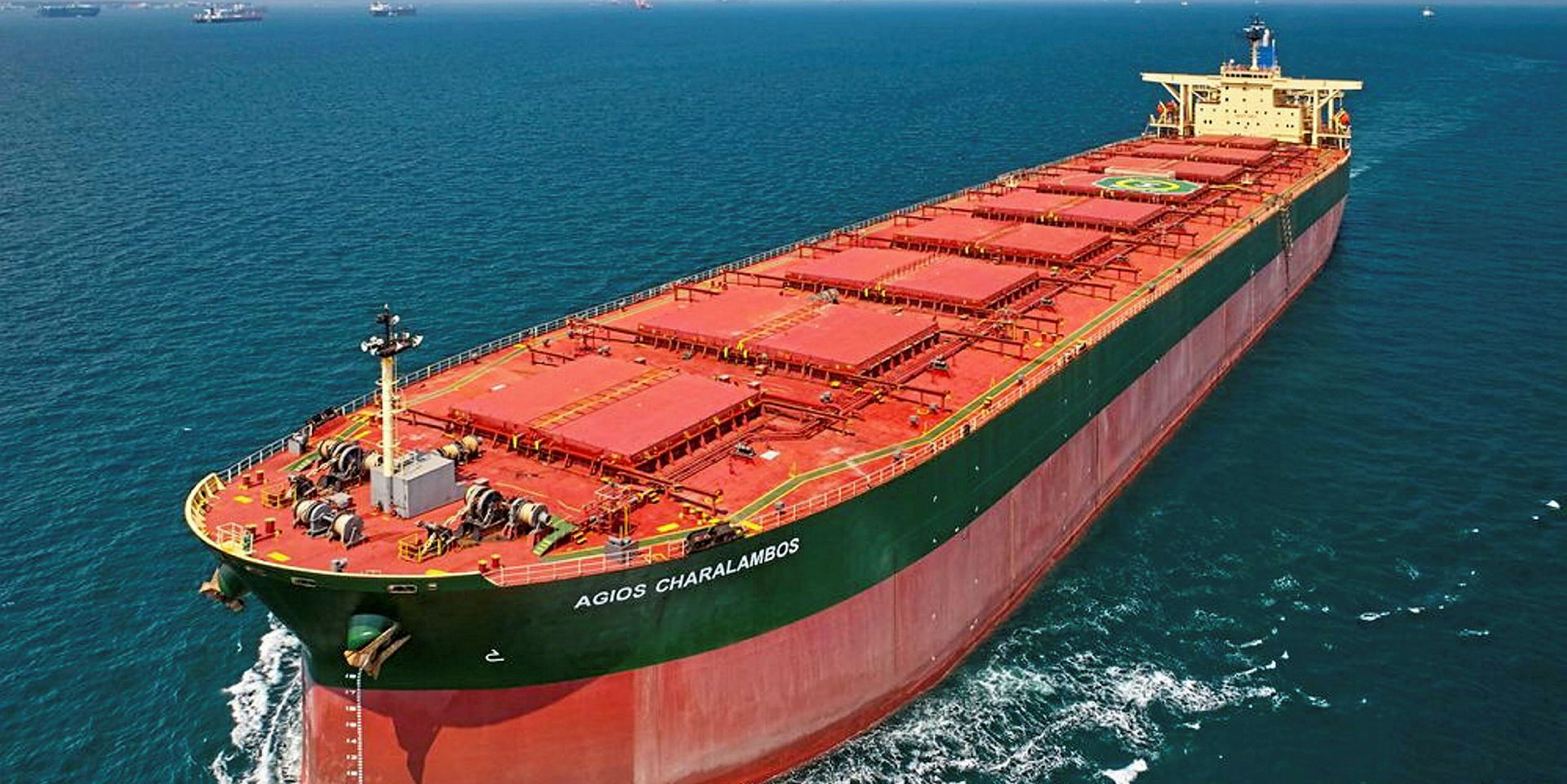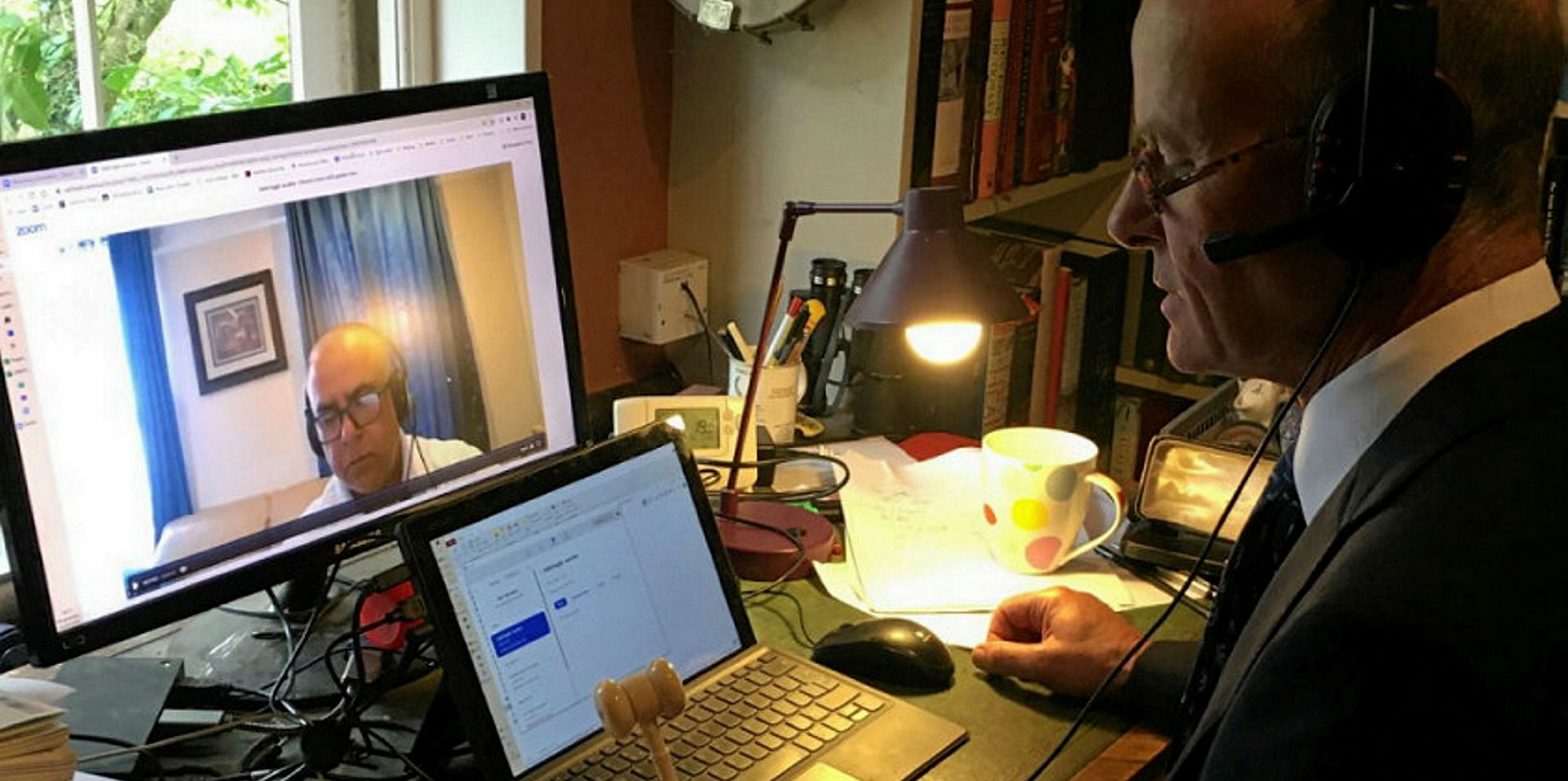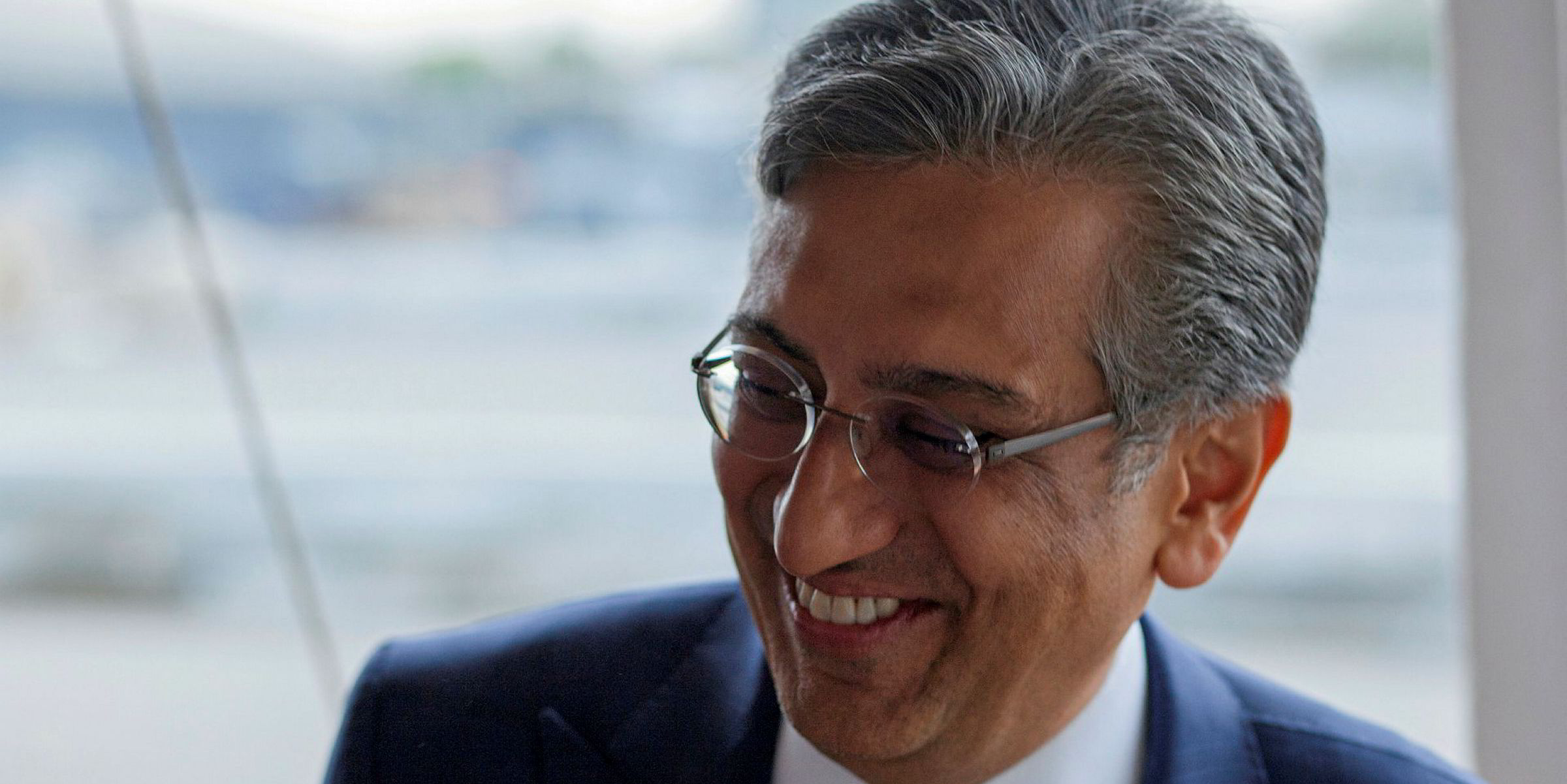It seems that the best days for capesize bulkers happened while most of the world was in lockdown. Such have been the strange days of 2020.
What is more, the outlook looks increasingly mediocre, following a big sell-off in futures contracts on Monday, which has brought down the Baltic Exchange's forward curve for the rest of the year.
The weakness is concentrated in the markets for capesizes and panamaxes, while supramax freight rates continue to grow.
This resulted in the Baltic Dry Index falling by 84 points to 1,594 on Tuesday.
Fixing activity in the capesize market has gone quiet again after being reasonably steady last week.
Assessments by Baltic Exchange panellists put the 5TC assessment of weighted time charter average earnings for capesizes $1,800 lower than Monday, at about $22,600 per day.
Freight rates on routes in the Pacific have been the hardest hit.
Some $3,870 was wiped off the Baltic's assessment for rates on the exchange's C10 route, which tracks the trans-Pacific round trip from ports in China and Japan. It came to just over $16,700 per day on Tuesday.
A whole $1 was knocked off rates on the Western Australia to China route, which panellists assessed on Tuesday at just over $6.94 per tonne.
This followed fixtures on the route that were reported at successively lower prices since Friday.
ST Shipping was reported on Tuesday to have relet Golden Ocean's 181,000-dwt Golden Cirrus (built 2018) to miner Rio Tinto for a trip from Dampier in north-western Australia to Qingdao in north-eastern China at a rate of $6.90 per tonne, loading from 7 August.
A week ago, Rio Tinto fixed a cape on the same route at $8.25 per tonne.
Futures market
The market for forward freight agreements (FFAs) is still reeling from the huge sell-off on Monday, when brokers told TradeWinds that one "nasty surprise" followed another.
The downward trajectory continued the next day, but to a less dramatic extent. July contracts closed at $24,500 per day on Tuesday, $1,020 lower.
But FFAs for August have taken a hammering.
The August contract closed on Monday at $18,369 per day, which is $2,506 lower than last Friday.
During trading on Tuesday, however, the FFA fell by a further $1,622 before closing at $16,747 daily.
"Confidence is said to be attractive, so no wonder the cape market feels so unattractive to buy right now. We're giving back all the hard-earned gains in chunks," one FFA broker told TradeWinds on Tuesday.
"If I was a gambling man, I would think that we might start to find some value to buy in all sizes.
"The discounts are starting to get to the point where you need to get the calculator and the calendar out."
Contracts for the third quarter closed at $19,458 on Tuesday — $1,067 below Monday's closing price.
Further ahead, just $290 was knocked off the final-quarter contract, which finished the day at $16,400 per day.
Sentiment
Analysts from Clarksons Platou Securities said on Tuesday that sentiment is being "tested" in the paper and physical markets for dry bulk, but there were still some positive underlying demand fundamentals.
"While dry bulk rates have been under some pressure of late, the Chinese steel markets remain firm with average steel prices ranging at six-month highs and spot iron ore at 12-month highs," the investment banking arm of broker Clarksons said in a research note on Tuesday.
A decrease in Brazilian iron ore exports has affected sentiment in the cape market, according to the firm.
"Last week saw an improvement in iron ore export volumes from Brazil, with total volumes estimated at 6.3m tonnes versus the 5.7m tonnes the week prior," it said in a note on Monday.
Exports had been ranging from 7m to 8m tonnes per week in June and early July, it added.
Australian iron ore exports were estimated at 17.1m tonnes last week, in line with year-to-date averages but below the recent highs of 19m to 20m tonnes per week, Clarksons Platou added.
